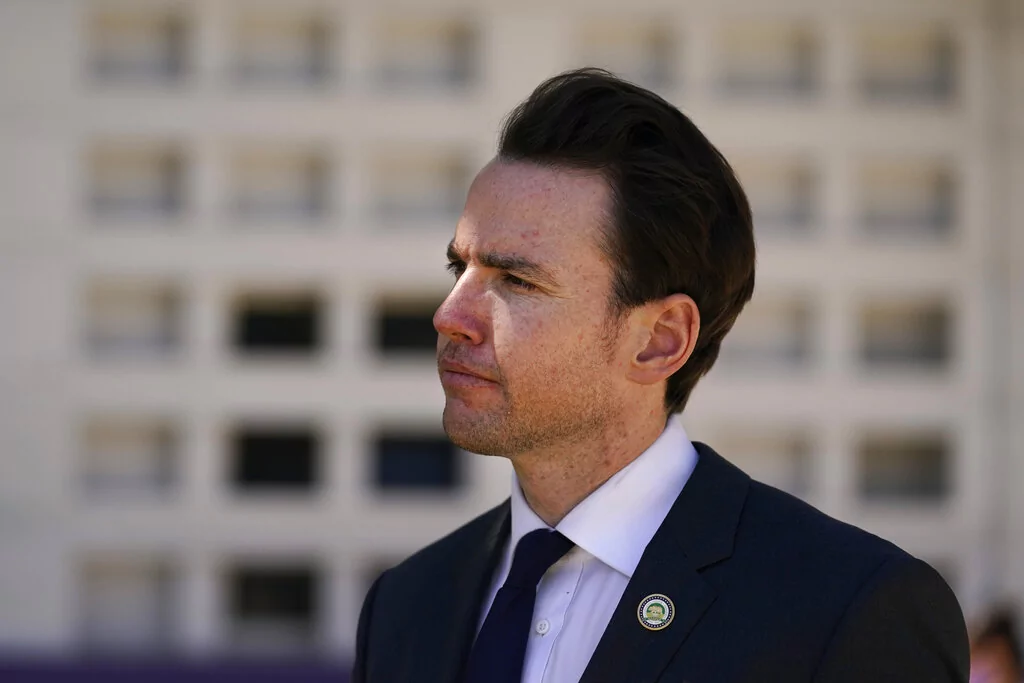

Rep. Kevin Kiley (R-CA) is proposing a bill to halt federal funding for high-speed rail in California as the colossal project continuously faces delays and escalating costs.
“California’s high-speed rail project has failed because of political ineptitude, and there is no plausible scenario where the cost to federal or state taxpayers can be justified,” Kiley said Wednesday. “Our share of federal transportation funding should go towards real infrastructure needs, such as improving roads that rank among the worst in the country.”
Kiley’s bill will be introduced in the 119th Congress, which is scheduled to convene on Jan. 3, 2025, according to his office. The bill does not only seek to dissolve the federal funding for the rail endeavor but also halt the project entirely and redirect its funding to California’s roads and existing infrastructure.
What is the California high-speed rail?
The project’s funding was initially authorized in 2008 with plans to connect Los Angeles to San Francisco with high-speed rail by 2020. A second phase of the project was designed to include routes to San Diego and Sacramento as well.
Another version of the plan was established in 2024 to connect Bakersfield to Merced, and the California High-Speed Rail Authority set the target date to begin work on the Initial Operating Segment between 2030 and 2033.
The project was meant to alleviate traffic congestion, cut greenhouse emissions, and provide Californians an alternative option to driving when traveling across the massive state.
The project received state and federal funding, $3.1 billion of which was allocated with the Biden administration‘s bipartisan infrastructure bill.
“California’s high-speed rail project plays an important role as part of the broader climate solution in our state,” according to the California State Transportation Agency. “It will provide the backbone of our statewide rail service that will increase connectivity between communities, statewide, regional and urban areas.”
Project pushback
The extensive costs the project has required, as well as its construction setbacks, have been sparking criticism for years. Those opposed to the rail argue that the funds would be better spent on supporting alternative transportation projects for California residents.
The high-speed rail was projected to cost taxpayers around $33 billion, but in February, the California High-Speed Rail Authority estimated that the route would end up costing between $89 billion and $128 billion. The figure was compared with “equivalent highway and air passenger capacity,” which would require between $179 billion and $253 billion.
When Kiley announced his bill, he also brought up high-speed rail criticisms from the Department of Government Efficiency, the advisory body that President-elect Donald Trump selected billionaires Elon Musk and Vivek Ramaswamy to oversee. The purpose of the new commission is to eliminate excessive spending and government regulations they deem unnecessary.
CLICK HERE TO READ MORE FROM THE WASHINGTON EXAMINER
“This is a wasteful vanity project, burning billions in taxpayer cash, with little prospect for completion in the next decade,” Ramaswamy said about the project in November.
Kiley called the project “perhaps the single greatest example of government waste in United States history.”






